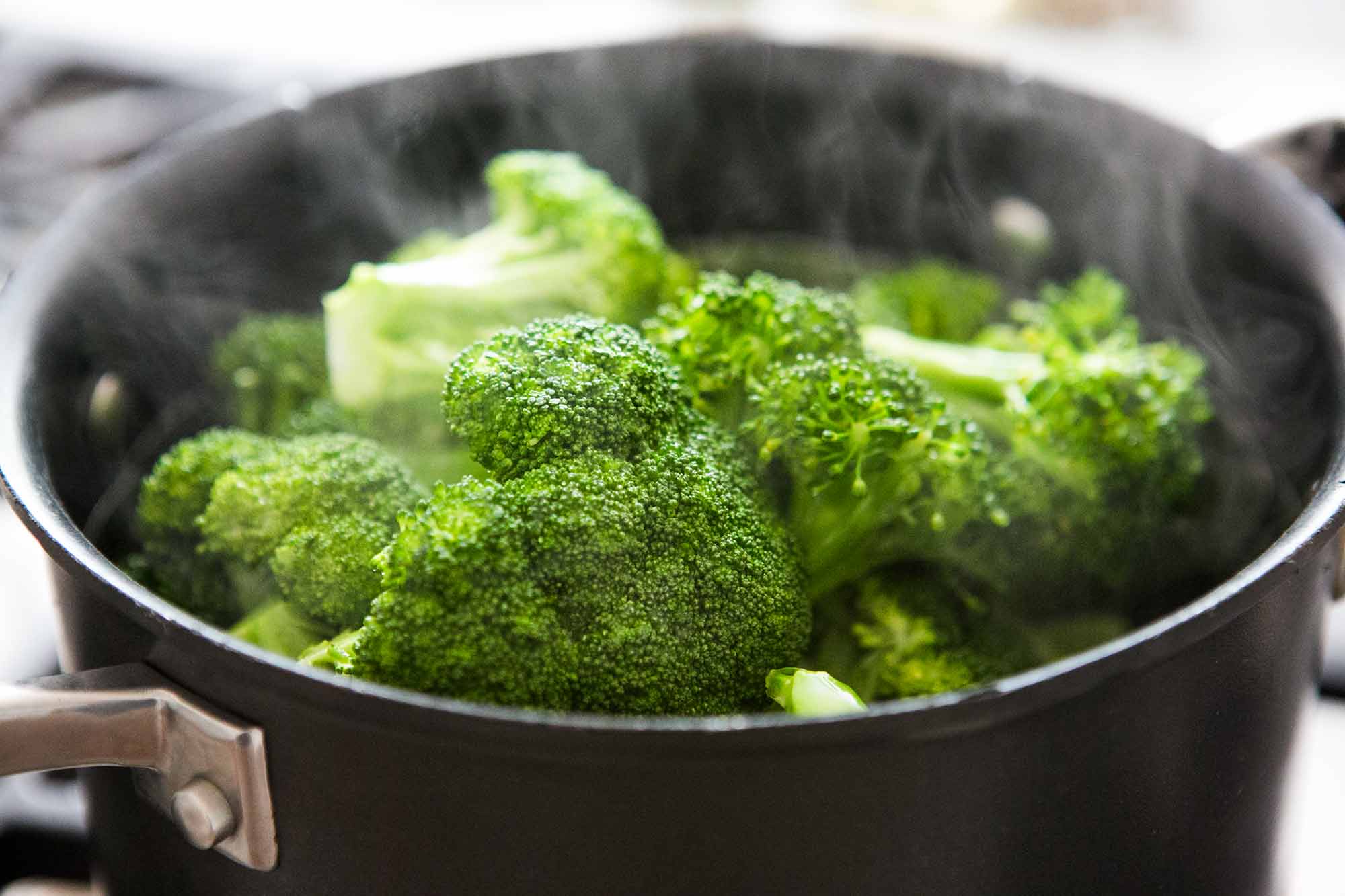The humble broccoli might not be your favourite food but it sure does come in handy while fighting cancer!
Researchers from the National University of Singapore (NUS) have now succeeded in concocting a cocktail of broccoli and bacteria that can seek out and destroy colorectal cancer cells.
“Our primary goal was to make use of what we already have in our body for disease prevention and treatment; basically reprogramming gut microbes that live with us to convert food into drugs on demand,” Professor Matthew Wook Chang, one of the researchers on the project, told Digital Trends. “In this particular study, we reprogrammed gut microbes to harness dietary vegetable compounds to target colorectal cancer. These gut microbes specifically recognize and bind onto the colorectal cancer cell surface. Following this, the microbes use enzymatic conversion to unlock the latent anticancer properties of the plant-derived compounds to inhibit cancer cell growth and cause the cancer cells to self-destruct.”
Colorectal cancer, or bowel cancer, is one of the most common cancers globally, with high incidence rates in the developed world. Although five-year survival rates for earlier stages of this cancer are relatively good, survival goes down in later stages of the disease and the risk
of cancer recurrence goes up considerably.To help address this problem, Matthew Chang and team developed a probiotic using a genetically engineered version of E. coli Nissle, a harmless Gram-negative strain of bacteria found in the gut.
Using genetic techniques, the team engineered the bacteria into a probiotic that attached to the surface of colorectal cancer cells and secreted an enzyme to convert a substance found in cruciferous vegetables (like broccoli) into a potent anticancer agent.
The idea was for the cancer cells in the vicinity to take up this anticancer agent and be killed. Normal cells cannot do this conversion, nor are they affected by the toxin, thus the system should be targeted only to colorectal cancer cells.
The mechanism of action of the engineered bacteria is to attach to a protein called heparan sulphate proteoglycan on colorectal cancer cells. The bacteria then secrete an enzyme that transforms a small molecule from broccoli (glucosinolates) into a potent anticancer agent (sulphoraphane). The bacteria do not bind to healthy cells, nor are the healthy cells affected by the toxin. When mixed with a broccoli extract, the engineered bacteria killed more than 95 percent of colorectal cancer cells in a laboratory petri dish.
The mixture had no effect on breast and stomach cancer cells in the same experiment. In animal studies, the probiotics-broccoli extract reduced tumor volumes by 75 percent in mice with colorectal cancer. Also, the mice developed new tumors that were three times smaller than those in control mice not fed the mixture.

“We hope that these microbes could be used as a form of supplement drink or pills that could be taken on a weekly basis for people above a certain age or at risk of colorectal cancer,” Chang said. “The ingested microbes will screen the gut for any abnormal cells and naturally clear them with the help of a vegetable diet. Another application is to have these cells used in post-operative care where patients can take these microbes to help eliminate any remnant cancerous tissues after a surgery to remove the tumor.”































